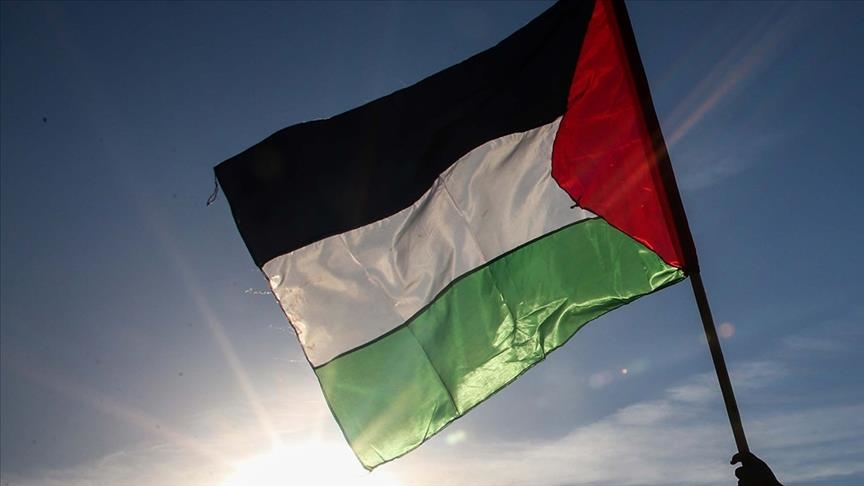
Norway, Ireland, and Spain have announced their decision to formally recognize Palestine as a state next week, a significant diplomatic move intended to foster peace in the Middle East. This recognition is set to take effect on May 28, 2024, and has already elicited a swift and critical response from Israel, which has recalled its ambassadors from these countries for urgent consultations.

The initiative was first announced by Norway's Prime Minister Jonas Gahr Støre. He stressed that acknowledging Palestine is in Israel's best interest, emphasizing the necessity of a two-state solution for enduring peace in the region. “There cannot be peace in the Middle East if there is no recognition,” Støre stated. He further highlighted the dire humanitarian situation in Gaza, where ongoing conflict has resulted in tens of thousands of casualties. “In the midst of a war, with tens of thousands killed and injured [in Gaza], we must keep alive the only alternative that offers a political solution for Israelis and Palestinians alike: Two states, living side by side, in peace and security,” he added. Støre also pointed out that recognizing Palestine would support moderate forces within the region, which have been increasingly marginalized by the ongoing conflict.

Following Norway’s announcement, Ireland’s Prime Minister Simon Harris declared that his country would also recognize Palestine. “Today, Ireland, Norway, and Spain are announcing that we recognize the state of Palestine,” Harris said during a news conference. He expressed confidence that other nations would join this significant step in the coming weeks. Ireland’s Foreign Minister Micheal Martin confirmed on social media that the recognition would take place on May 28.
Spain's Prime Minister Pedro Sanchez echoed these sentiments, stating that Spain's council of ministers would recognize an independent Palestinian state on the same date. Speaking in the Spanish parliament, Sanchez accused Israeli Prime Minister Benjamin Netanyahu of endangering the two-state solution through his policies in Gaza, which he described as causing “pain and destruction.”
The coordinated announcements from these European nations mark a significant shift in the international diplomatic landscape concerning the Israeli-Palestinian conflict. However, Israel has condemned the move, with Foreign Minister Israel Katz announcing the recall of ambassadors from Ireland and Norway and planning similar action for Spain. Katz issued a strong warning, asserting that recognizing Palestine risks making these countries "pawns in the hands of Iran and Hamas" and would only "fuel extremism and instability."
Israel's foreign ministry further criticized the plans for Palestinian recognition, describing them as a “prize for terrorism” that would undermine efforts for a negotiated resolution to the conflict that began on October 7, 2023, when Palestinian fighters attacked southern Israel.
Palestinian leaders and organizations have welcomed the decision. Hussein al-Sheikh, secretary-general of the executive committee of the Palestinian Liberation Organization (PLO), described it as a historic moment for justice and truth after decades of Palestinian suffering and struggle. Hamas called the decision an “important step,” while Palestinian politician Mustafa Barghouti noted its symbolic significance and potential to advance the cause of freedom and justice for the Palestinian people.
Norway also played an important role in the Oslo Accords of 1993, which recognized the PLO as the legitimate representative of the Palestinian people. Malta and Slovenia are expected to make similar announcements on the recognition soon.
In summary, the formal recognition of Palestine by Norway, Ireland, and Spain represents a pivotal development in the protracted Israeli-Palestinian conflict. While intended to revive the two-state solution and promote peace, the move has intensified diplomatic tensions, drawing sharp reactions from Israel and international attention to the ongoing crisis.















